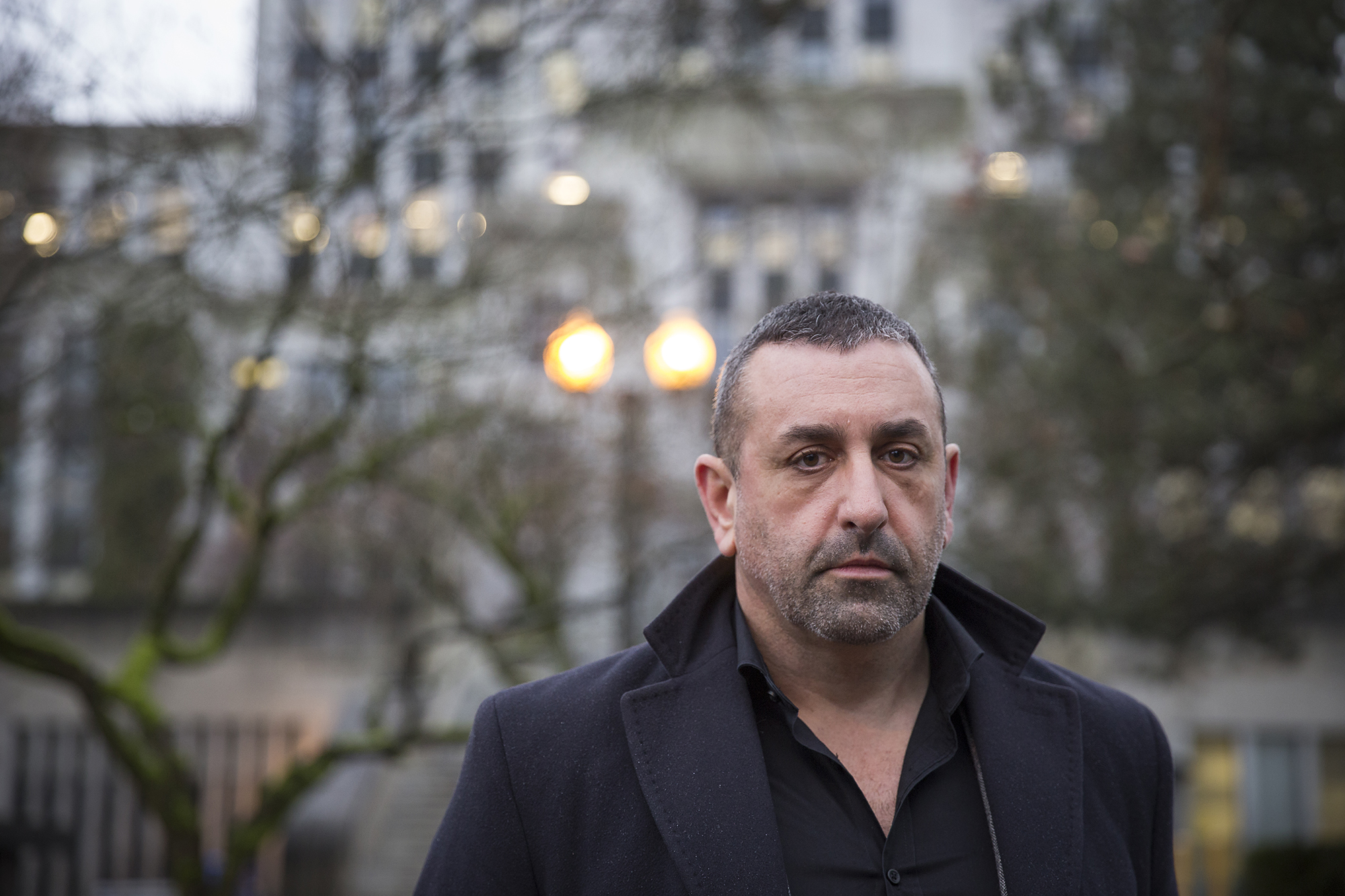The City of Vancouver will soon decide whether or not to ban anti-queer conversion therapy, as recommended by its LGBT advisory committee.
The recommendation strongly condemns “pseudoscientific practices” that attempt to ‘cure’ LGBT people, and cites a report from the Pan American Health Organization and the World Health Organization that says such practices “lack medical justification and are ethically unacceptable” and “represent a severe threat to the health and human rights” of their subjects.
The findings of that 2012 report have been repeatedly supported by psychiatric and medical associations throughout Canada and the US.
Brooklyn Fowler, chair of the LGBT advisory committee’s subcommittee on conversion therapy, is confident council will adopt the recommendation.
“Knowing the makeup of our current city council, our mayor, the kinds of ethics, the incredible dedication that this council has shown to queer and trans communities in Vancouver, I really think that this is something that they will all likely jump on,” Fowler tells Xtra.
The city already has a bylaw that allows it to regulate businesses in order to protect public health and safety and vulnerable populations. The subcommittee wants the city to amend that bylaw so it can refuse to grant a licence to any business found to be practising conversion therapy.
Fowler says it’s important to have such protection enshrined in writing. “I think that there is huge value in the symbolic nature of having our municipal government stand in clear solidarity with queer and trans Vancouverites.”
“Policy can do a great many things — and there’s a great many things policy cannot do,” Fowler acknowledges. While no recommendation alone can dislodge homophobia from homophobes, it is the sentiment of the motion that is most important: that harmful practices in the name of science, whether rooted in ideology or for monetary gain, will find no foothold in Vancouver.
Conversion therapy is an umbrella term but the procedure can include methods such as powerful medications to suppress or ‘correct’ sexual desires, and electroshock therapy. In Peter Gajdics’ case, it was all administered by a licensed psychiatrist.
Gajdics has partnered with the LGBT advisory committee to urge council to ban harmful conversion therapies of any form from being practised within city limits.
If Vancouver adopts the recommendation, it will become the first city in Canada to ban conversion therapy.
Manitoba and Ontario both banned payments for conversion therapy under their provincial medical plans in 2015, and Ontario outright banned healthcare professionals from doing conversion therapy on minors without their explicit consent.
Several US states, cities and counties have also banned conversion therapy, and Malta banned it in December 2016, promising steep fines for anyone who tries to “change, repress or eliminate a person’s sexual orientation, gender identity and/or gender expression.”
Having written a book about the horrors he experienced during his years subjected to conversion therapy in the early 1990s, Gajdics now hopes to enlist city council’s help here so he can spare others the fate he suffered.
“We’re such a rainbow-friendly city, so it just seemed to me a logical thing that they would make some sort of public declaration that they would denounce this therapy,” he says.
Fowler appreciates Gajdics’ help drafting the recommendation, saying his knowledge of the wide variety of practices that fall under the umbrella of conversion therapy, as well as his lived experiences, were invaluable to the process.
Gajdics alleges his therapist fed him a potent cocktail of shame and powerful medications to ‘correct’ his behaviour during his six years of treatment. The drugs were meant to supress his sexuality and allow his supposedly dormant heterosexuality to re-emerge, while the shame and self-doubt heaped onto him kept him pliable and believing that the procedure was deserved, if not helping.
“If I had known at the beginning how it would end up, of course I would have run away, but you don’t know at the beginning,” he says.
There was “never any talk of conversion therapy. I don’t even think we used the words ‘curing my homosexuality,’” he says. “It was far more insidious than that.”
Gajdics acknowledges that it might be hard to prevent conversion therapy from occurring, since few people would likely admit to practising it now. But it’s still worth taking a definitive stand against it, he says.
“I think there is still great value in bylaws like this, since they set a tone and create a standard,” he says. “At the very least, they bring the issue out into public awareness, which is a huge step forward.”

 Why you can trust Xtra
Why you can trust Xtra


